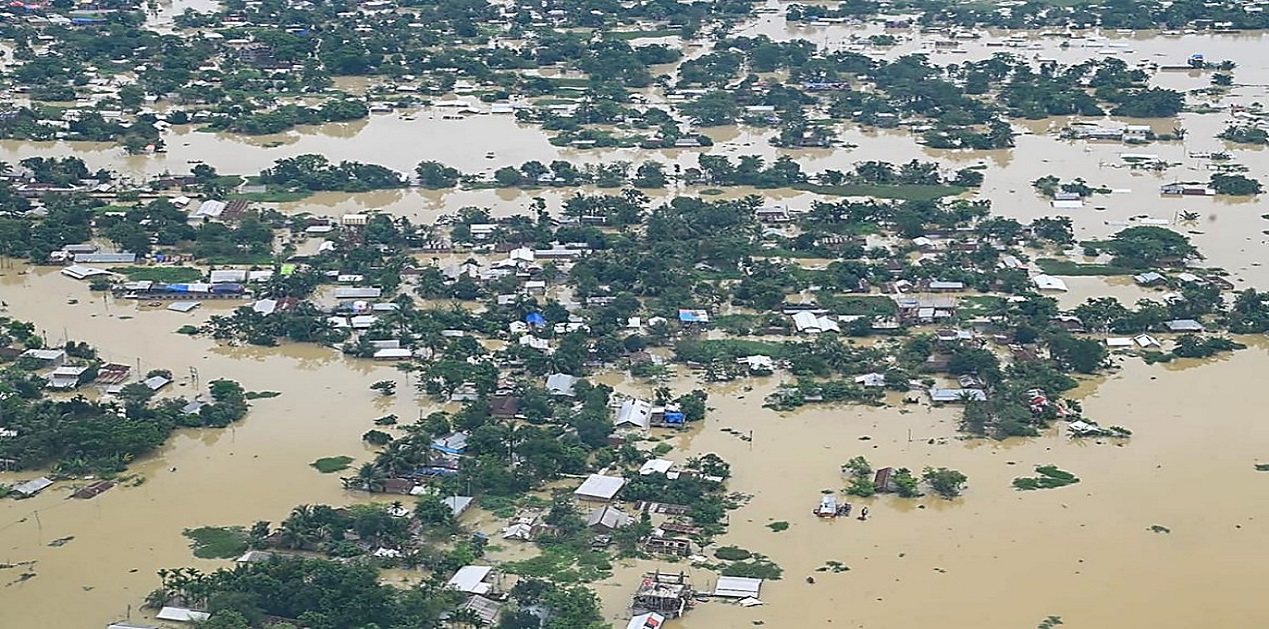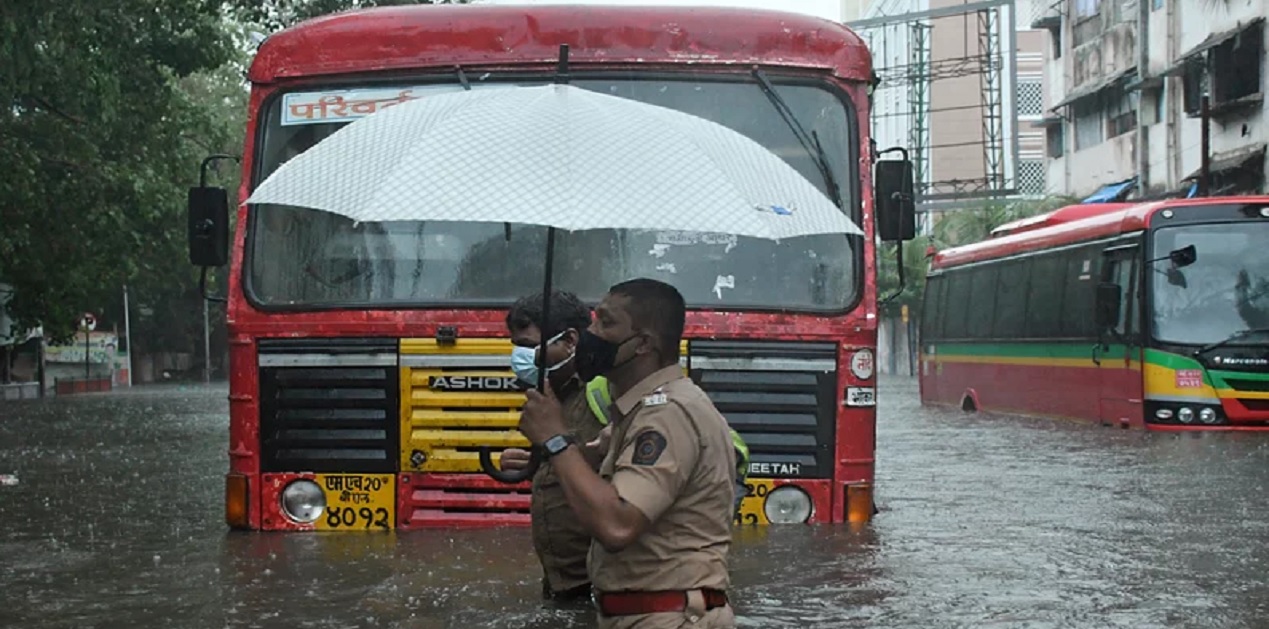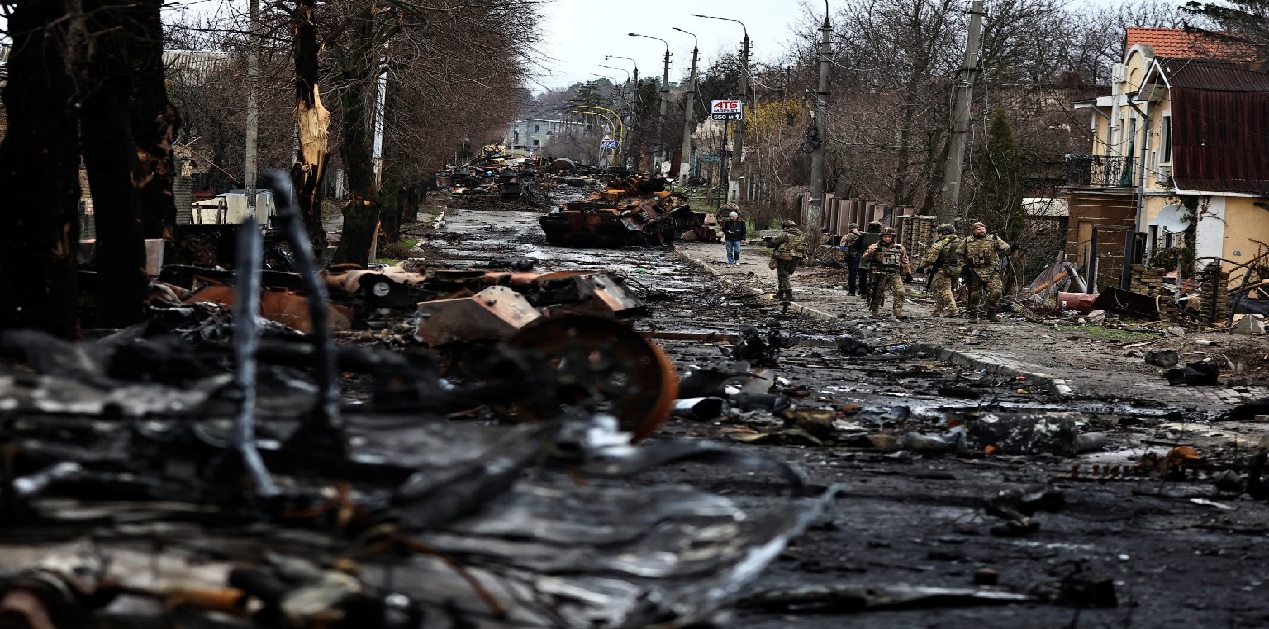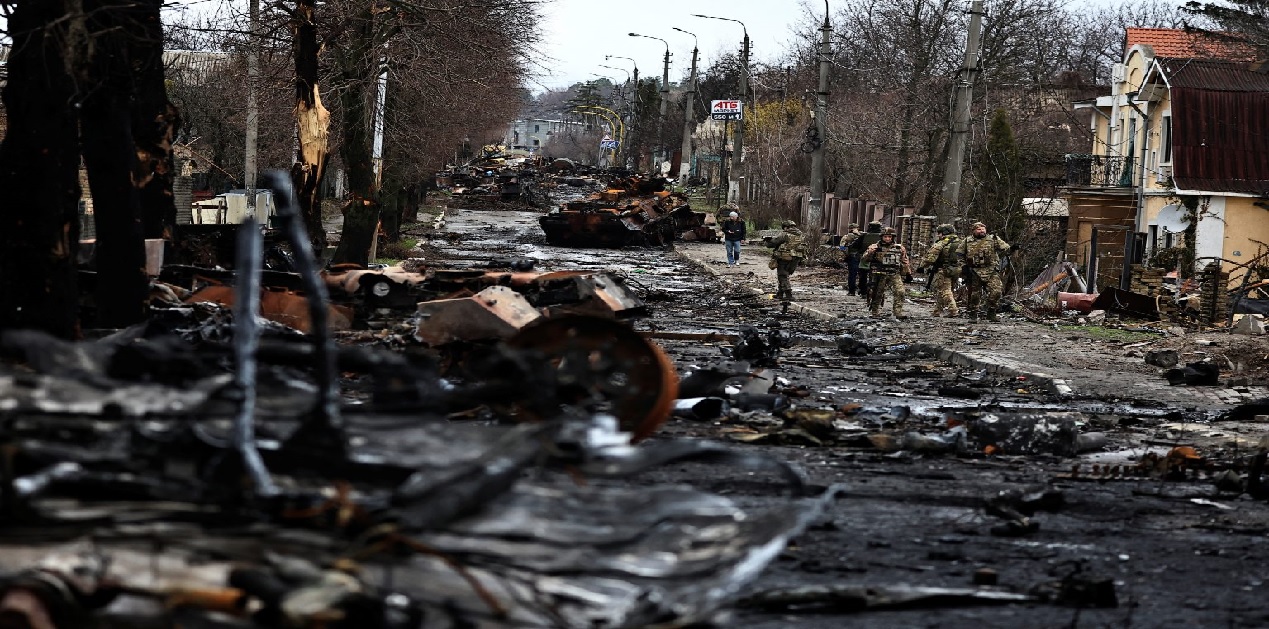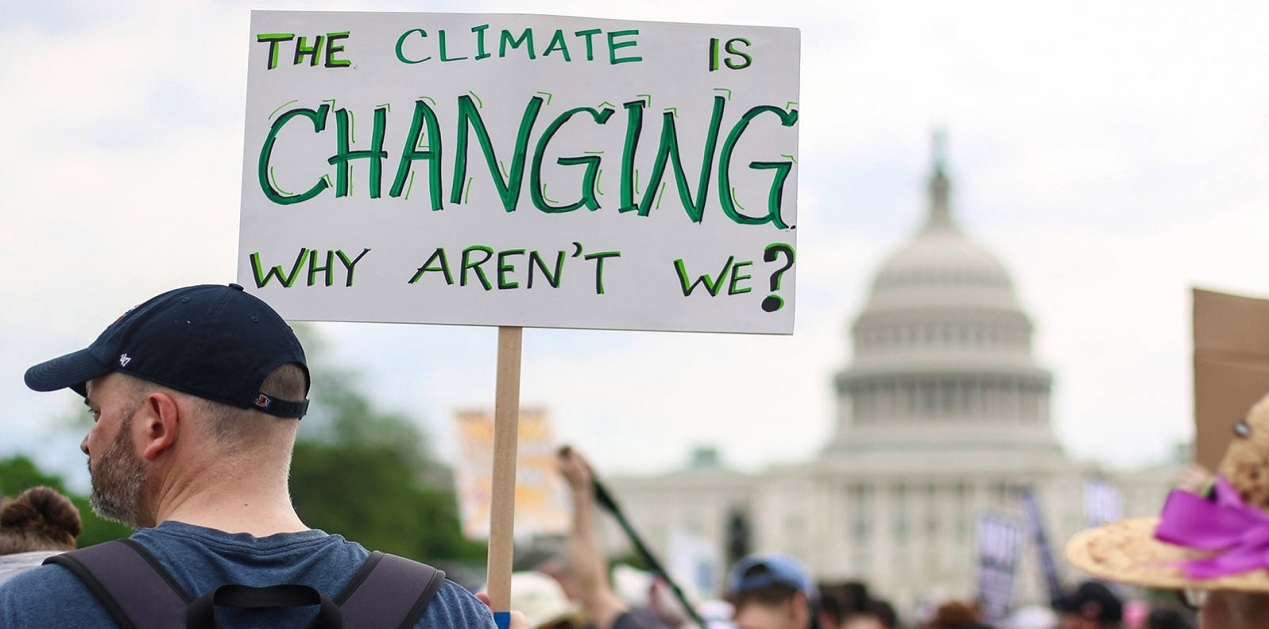Introduction The global energy system is currently in the midst of a major transition to clean energy. However, the technologies underpinning this clean energy transition such as hybrid/electric car batteries, solar panels and wind turbines require
Introduction North-east India has been witnessing unusually heavy rainfall since the beginning of May. That has resulted in one of the worst floods ever recorded in Assam. As of 3 July, flood has affected 1,835,551 people in 26 out of the state’s
Introduction From March to April this year, India experienced an unprecedented heatwave with many places in northern India recording temperature in excess of 45°C over extended periods of time. In all, 15 states and Union Territories (UT) have been
परिचय यूक्रेन में रूस के आक्रमण (जो अभी जारी है) ने मुख्यतः दुनिया भर के देशों की ऊर्जा नीतियों �
Introduction Russia’s invasion of Ukraine has prompted a major rethink in the energy policies of countries worldwide and it lent more political momentum to faster deployment of renewable energy and decarbonization. For European countries in partic
Introduction Developed countries such as the US, Canada, Japan and those in Western Europe accounted for just 12% of the global population today but are responsible for 50% of the world’s greenhouse gas emissions over the past 170 years.[1] Over
Introduction This article analyzes some of the key findings of the latest scientific reports from the Intergovernmental Panel on Climate Change (IPCC), the world’s leading authority on climate science, as well as those from leading researchers in
Introduction The ongoing COVID-19 pandemic is simultaneously a public health crisis and an economic crisis. On the public health front, it has resulted in 21,527,747 total confirmed cases and 772,370 deaths in 188 countries as of 16 August 2020.1 In
Introduction National security has traditionally been defined and understood in military terms. This notion of national security focuses on threats such as external armed aggression, Weapons of Mass Destruction (WMD), terrorism, insurgencies etc.
Introduction Transparency or the sharing of accessible, timely, relevant, and accurate information in an open manner is a core component of good governance.1 More broadly, transparency refers to “the quality of being open, communicative, and acc


